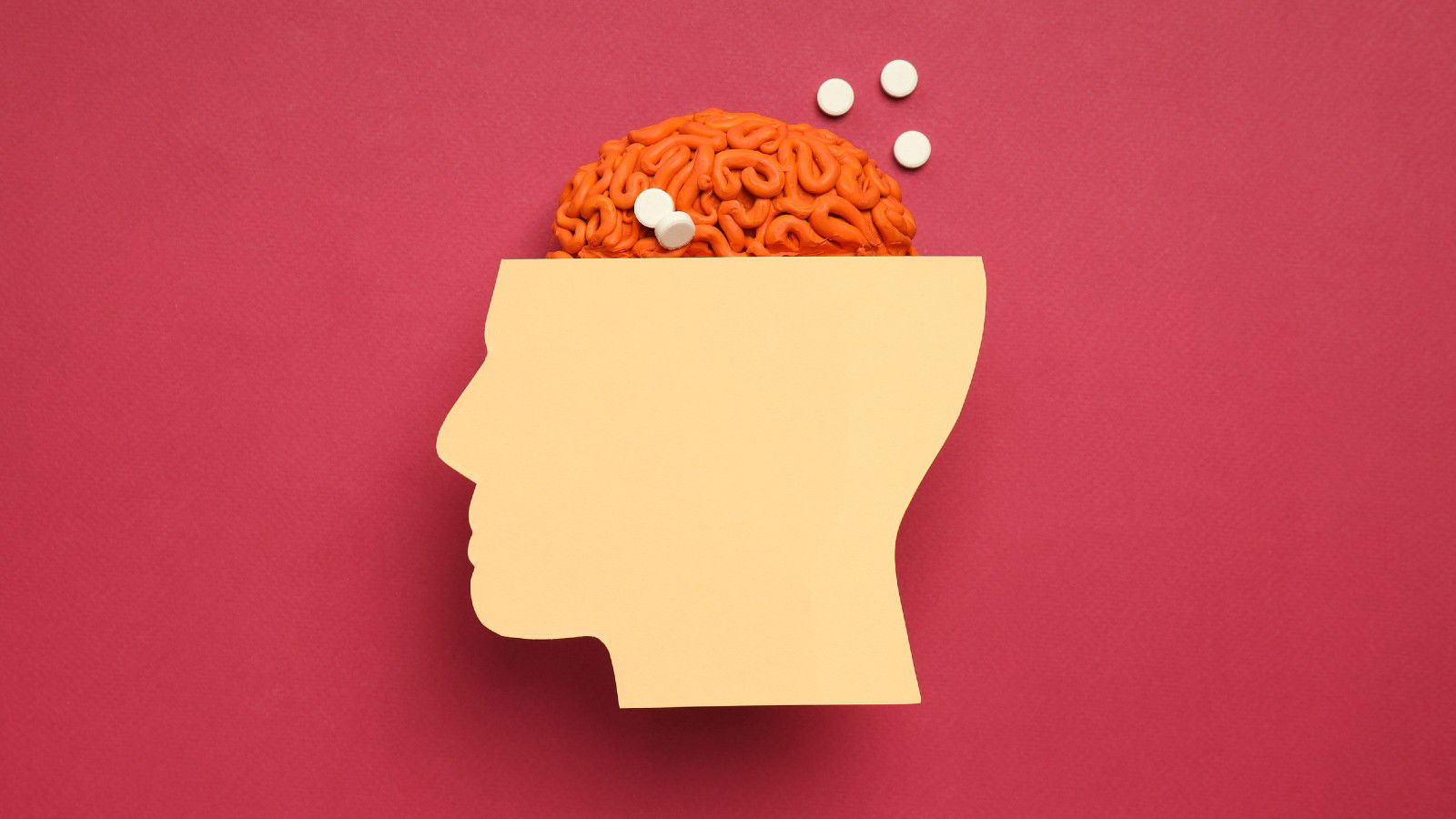share on
At the Singapore Mental Health Conference, SMS Dr Koh Poh Koon outlined new measures aimed at improving the accessibility and quality of mental health support in the country.
Mental health challenges are now a national priority, and Singapore is stepping up efforts to improve access and care for those in need. Speaking at the 8th Singapore Mental Health Conference (SMHC), Dr Koh Poh Koon, Senior Minister of State for Health and Manpower shared the latest developments in the country’s mental health strategy, with a strong focus on timely support, stigma-free care, and sustainable services.
Citing the National Population Health Survey 2023, Dr Koh noted that 15% of Singaporeans reported poor mental health. Youths aged 18 to 29 were the most affected, and mental health disorders have become one of the top four causes of disease burden in the country.
This growing concern has been shaped by economic uncertainty, social media use, and the ongoing pressures of a fast-paced, competitive society, and the lingering effects of COVID-19.
Building a more connected mental health system
Singapore’s vision is to create a mental health system that is accessible, high-quality, and free from stigma. To this point, Dr Koh emphasised the importance of recognising mental health as dynamic and multifaceted, with effects that extend to families, colleagues and caregivers.
To achieve this vision, the approach must be two-fold: solutions that address systemic issues and interventions tailored to individual needs. There is also a need to strengthen community-based care and build a society that is resilient and supportive. This approach, he added, is guided by the National Mental Health and Wellbeing Strategy, launched in 2023.
Strengthening governance and continuity
One year after the launch of the National Mental Health Office, Singapore has now moved from a temporary inter-agency taskforce to a permanent governance structure. The newly established Steering Committee for Mental Health and Wellbeing will drive the work forward, supported by an Advisory Panel comprising experts, service providers, young people, and those with lived experiences of mental health conditions.
Dr Koh acknowledged the contributions of his colleague, Dr Janil Puthucheary, Senior Minister of State and thanked stakeholders in the room who played a role in building the foundations of this new governance model. He noted that this marks a significant step forward in creating a more coordinated and comprehensive mental health ecosystem, while also pointing out that much work remains to be done.
Launch of national mindline 1771 hotline
To make it easier for individuals to seek help, Dr Koh highlighted the recent launch of national mindline 1771, Singapore’s first national mental health hotline and textline. Recognising that navigating services can be confusing for first-time help-seekers, the hotline serves as a central touchpoint that connects individuals to the right support.
The service can be accessed through voice calls, WhatsApp, and webchat, giving people multiple ways to seek help in a format they are comfortable with. The hotline also provides anonymous support, which helps reduce the barrier to reaching out. Dr Koh called this a ‘First Stop for Mental Health’, one that seeks to reflect Singapore’s commitment to timely and seamless care.
"The bottom line is, anyone who needs help should be able to find the help they need in whatever medium they are comfortable with," he added.
Announcements made: Expanding acute psychiatric services, new care practice guide
While community services are key, Dr Koh acknowledged that acute care remains essential for individuals facing crisis or severe mental health issues. While the Institute of Mental Health (IMH) will continue to serve as the national tertiary psychiatric hospital, Dr Koh shared that there are plans to expand acute psychiatric services across all public healthcare clusters. This move is expected to improve access to urgent care.
Another key announcement was the launch of the Practice Guide for the Tiered Care Model for Mental Health, jointly developed by the Ministry of Health, Ministry of Social and Family Development, as well as the Agency for Integrated Care. The guide outlines how mental health care should be delivered in a client-centric manner, based on the intensity and stability of a person’s symptoms.
The aim is to improve consistency in assessments and referrals among service providers. For instance, if someone with moderate distress approaches a Community Outreach Team (CREST), they can be assessed using a standard tool. If further support is needed, they can be referred to a Community Intervention Team (COMIT) for specialised intervention.
The guide currently focuses on three key areas: depression, anxiety, and suicidality. It may be expanded in the future to cover other mental health conditions. A pocket guide for the public will also be released to help individuals understand what services are available and where to seek help.
A long-term effort built on shared commitment
In his closing remarks, Dr Koh highlighted the significant strides made over the past two to three years in improving the mental health narrative and public attitudes. He noted it was heartening to see more people stepping forward not only to seek help, but also to offer help and share their lived experiences. This openness, he said, is helping to destigmatise mental health conditions.
With stakeholders from diverse backgrounds gathered at the conference, Dr Koh encouraged everyone to engage actively, share openly, and build lasting bonds. He emphasised that mental health care is better approached together rather than struggling alone.
“So let us reshape the future of mental health care and build a mentally resilient Singapore together,” he concluded.
ALSO READ: Singapore launches 24/7 national mental health helpline, accessible via call, WhatsApp, and webchat
share on


